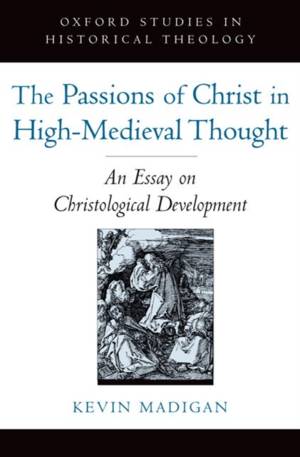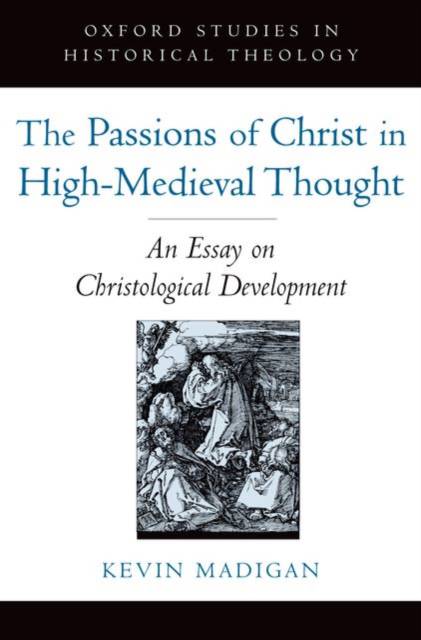
Je cadeautjes zeker op tijd in huis hebben voor de feestdagen? Kom langs in onze winkels en vind het perfecte geschenk!
- Afhalen na 1 uur in een winkel met voorraad
- Gratis thuislevering in België vanaf € 30
- Ruim aanbod met 7 miljoen producten
Je cadeautjes zeker op tijd in huis hebben voor de feestdagen? Kom langs in onze winkels en vind het perfecte geschenk!
- Afhalen na 1 uur in een winkel met voorraad
- Gratis thuislevering in België vanaf € 30
- Ruim aanbod met 7 miljoen producten
Zoeken
The Passions of Christ in High-Medieval Thought
An Essay on Christological Development
Kevin (Professor of the History of Christianity, Professor of th
€ 74,45
+ 148 punten
Omschrijving
In The Passions of the Christ in High Medieval Thought Kevin Madigan examines the reasoning and actions behind high-medieval responses to reconciling the seemingly incongruent features of Jesus Christ's divinity and humanity.
Specificaties
Betrokkenen
- Auteur(s):
- Uitgeverij:
Inhoud
- Aantal bladzijden:
- 158
- Reeks:
Eigenschappen
- Productcode (EAN):
- 9780195322743
- Verschijningsdatum:
- 10/05/2007
- Uitvoering:
- Hardcover
- Afmetingen:
- 244 mm x 166 mm
- Gewicht:
- 404 g

Alleen bij Standaard Boekhandel
+ 148 punten op je klantenkaart van Standaard Boekhandel
Beoordelingen
We publiceren alleen reviews die voldoen aan de voorwaarden voor reviews. Bekijk onze voorwaarden voor reviews.









